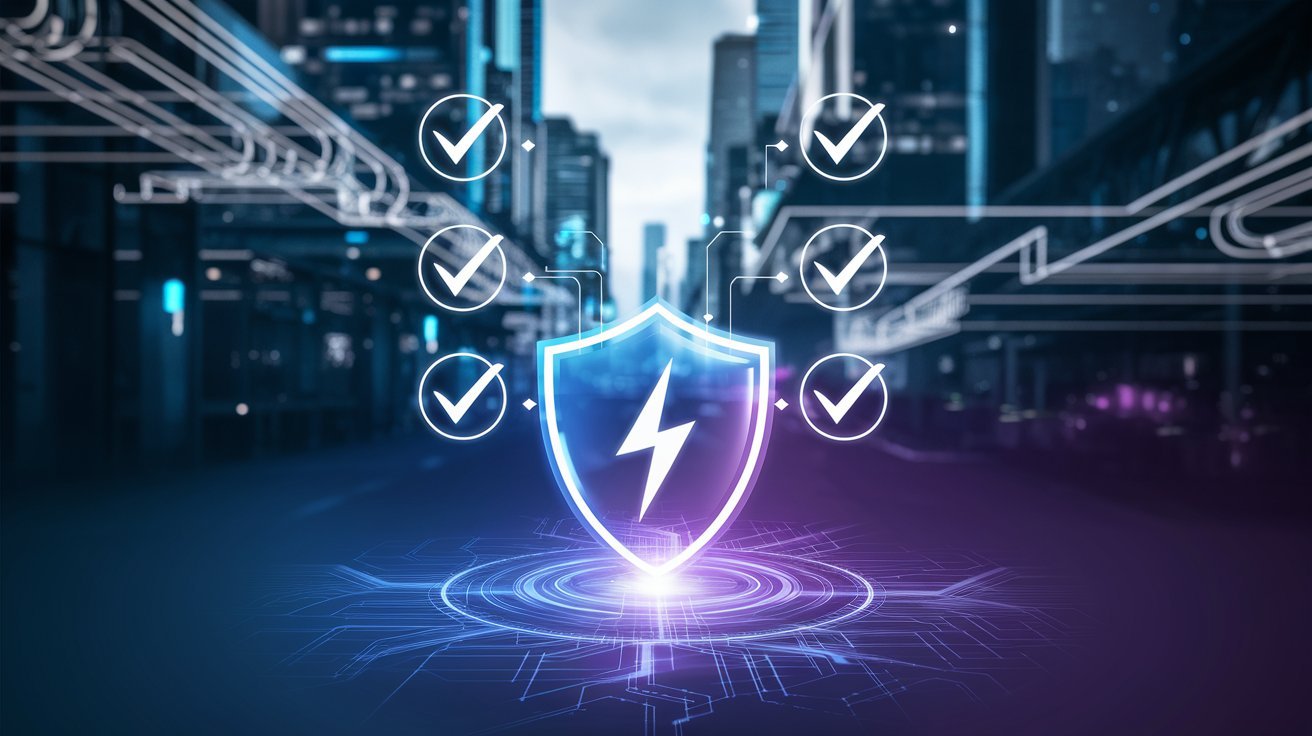Reliable Electrical Compliance Checks for New Constructions

Ensuring electrical compliance in new constructions is crucial for safety, legal adherence, and long-term efficiency. Electrical compliance checks verify that all installations meet national and local regulations, preventing hazards and costly future repairs. This article will cover everything you need to know about
Understanding Electrical Compliance
Electrical compliance refers to adhering to specific standards and regulations governing electrical systems in buildings. In the U.S., these regulations are outlined in the National Electrical Code (NEC), Occupational Safety and Health Administration (OSHA) guidelines, and various state or municipal codes.
Why Electrical Compliance Checks Are Essential
Electrical compliance checks are necessary to:
- Ensure Safety – Prevent electrical hazards such as shocks and fires.
- Avoid Legal Issues – Stay compliant with building codes to prevent penalties.
- Reduce Maintenance Costs – Properly installed systems require fewer repairs.
Regulatory Standards and Codes for New Constructions
Compliance with the NEC and OSHA regulations is mandatory for all new constructions. Local codes may add further requirements depending on the state or city.
Key Components of Electrical Compliance Checks
A thorough compliance check involves inspecting:
- Wiring and Circuitry – Ensuring safe and correct installations.
- Grounding and Bonding – Preventing electrical faults.
- Load Testing – Confirming systems can handle expected power loads.
- Fire Safety Compliance – Ensuring proper installation of fire-resistant materials.
Who Conducts Electrical Compliance Checks?
- Certified Electrical Inspectors perform official inspections.
- Licensed Electricians verify installations during construction.
- Third-Party Compliance Auditors provide unbiased safety assessments.
Steps Involved in an Electrical Compliance Inspection
- Pre-Construction Planning – Reviewing design blueprints.
- Mid-Construction Inspections – Ensuring compliance at different stages.
- Final Compliance Certification – Granting approval after a full inspection.
Common Electrical Compliance Issues in New Constructions
Some frequent problems include:
- Improperly installed wiring
- Overloaded circuits
- Inadequate grounding
- Use of non-compliant materials
Benefits of Reliable Electrical Compliance Checks
- Enhancing Property Value – Compliant buildings are more marketable.
- Reducing Liability Risks – Preventing lawsuits and fines.
- Ensuring Long-Term Efficiency – Avoiding future electrical failures.
Electrical Compliance for Different Types of Constructions
- Residential Buildings – Safety for families and tenants.
- Commercial Properties – Compliance ensures smooth business operations.
- Industrial Facilities – High-power systems need stringent checks.
Best Practices for Ensuring Electrical Compliance
- Always hire certified professionals.
- Conduct regular audits.
- Stay updated with code revisions.
Conclusion
Reliable electrical compliance checks are crucial for safety, efficiency, and legal adherence in new constructions. By following regulatory standards and best practices, building owners can ensure their electrical systems are safe and long-lasting.
FAQs
What happens if a building fails an electrical compliance check?
- The issues must be resolved before approval is granted.
How often should electrical compliance checks be conducted?
- During construction and periodically after completion.
Are compliance checks required for home renovations?
- Yes, especially for major electrical upgrades.
Can I conduct my own electrical compliance inspection?
- No, only certified inspectors can provide official compliance approval.
How do I know if my electrician is certified for compliance inspections?
- Check their licensing and certifications from recognized authorities.